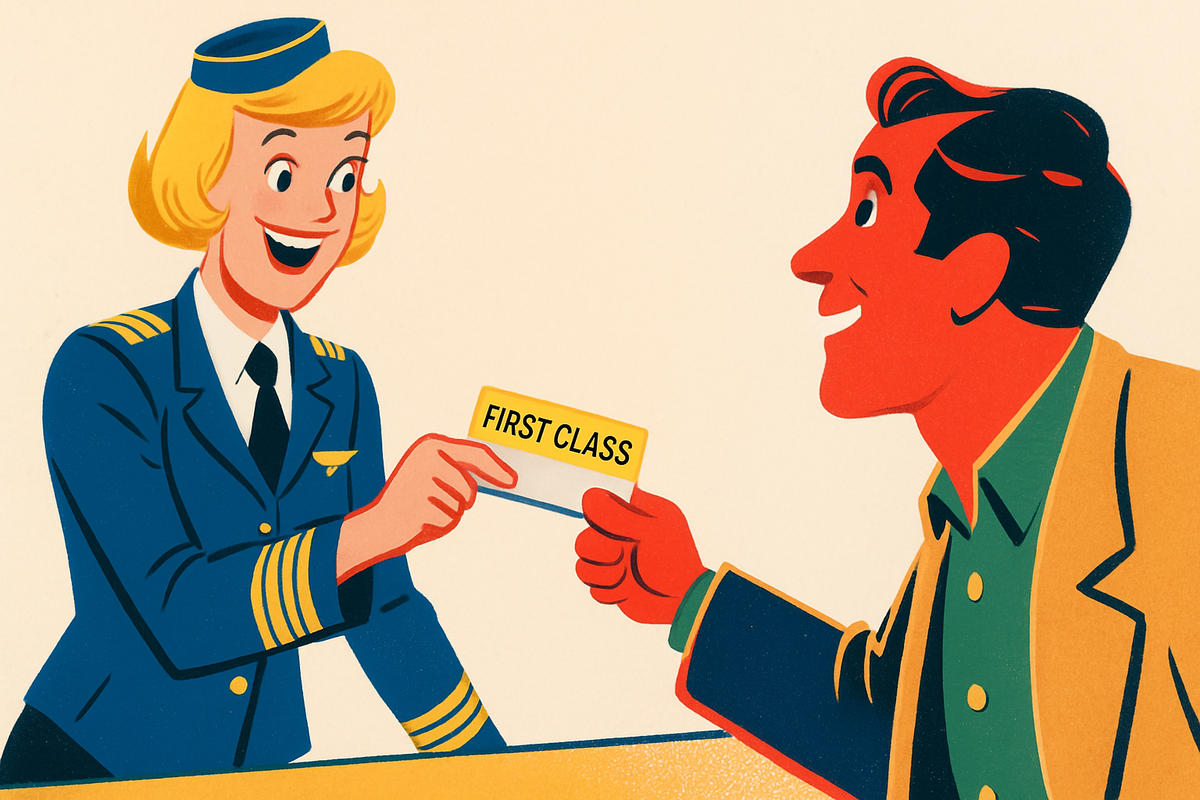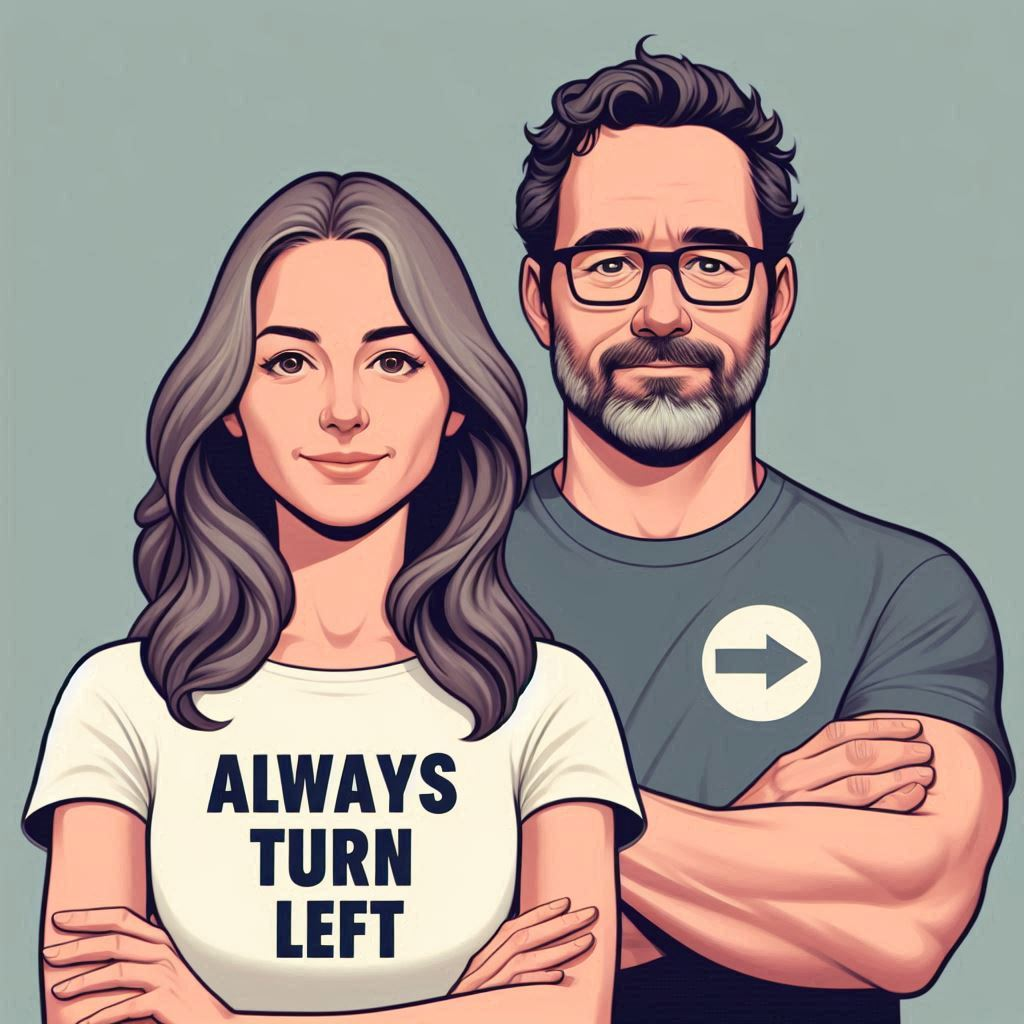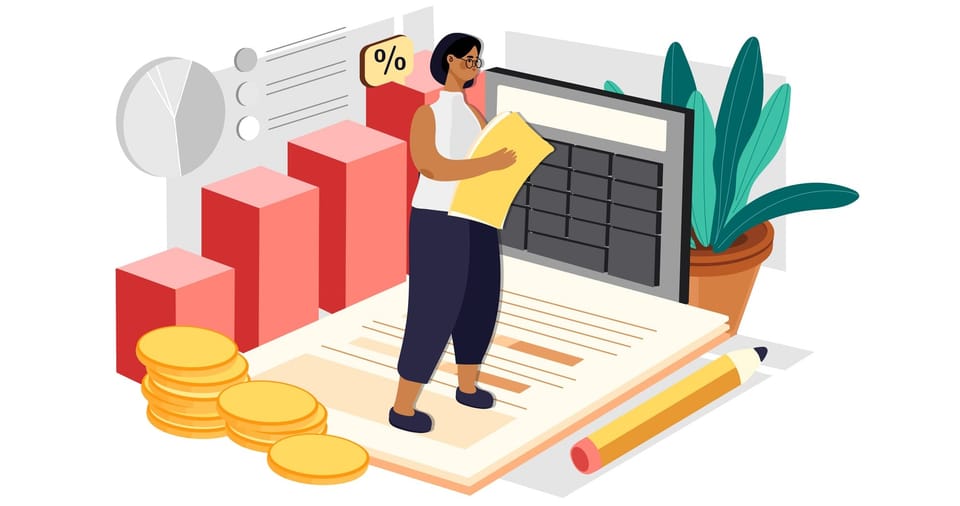The Pittsburgh Upgrade: How a Law Firm Turned Flexible Points into First-Class Morale
A Pittsburgh law firm didn’t want cheaper flights... they wanted happier flyers. We turned their flexible points into first-class morale, upgrading attorneys across the country through Chase, Amex, and Citi transfers. Even when the seats didn’t clear, the gratitude did.


If You Only Had 60 Seconds to Read This Article
| Click Here 🤏🏻
A mid-sized law firm in Pittsburgh came to UpNonStop with a rare request: they didn’t want cheaper travel - they wanted better travel. Their attorneys, spread across the country and working remotely, were exhausted by endless middle seats and unpredictable itineraries. The goal wasn’t savings. It was morale.
UpNonStop built an overlay system called Upgrade: when an employee books a flight, we analyze airline load, inventory, and status, then deploy the firm’s flexible points (Chase → United, Amex → Delta, Citi → American) to request upgrades post-booking. If it clears, they fly premium; if not, the points are refunded. After nine months, upgrades cleared 59.5% of the time - but even failed attempts drove morale higher.
The data spoke loudly: 1.89 million points deployed, a 1.84 cpp return, and a 27-point jump in employee satisfaction. The reason was psychological, not financial. Employees felt seen - even when the upgrade didn’t hit. In a remote-first culture, the gesture mattered more than the seat.
The firm’s leadership calls it the best morale program they’ve ever run. Flexible points, once scattered across cards and accounts, now form a loyalty system of their own - not to airlines, but to the company itself. That’s what UpNonStop builds: systems that turn points into proof that people matter.
Everything else you need to know is just below 👇🏻
🎞️: Powered by NotebookLM @ UpNonStop
Most business travel programs start with cost control.
This one started with gratitude. A mid-sized legal firm out of Pittsburgh, Pennsylvania came to us with a peculiar brief:
“We don’t need help booking travel. We need help making it feel better.”
They weren’t trying to cut airfare or consolidate spend. They were trying to make people want to travel again.
Their lawyers - remote employees scattered from Portland, Maine to Portland, Oregon - had grown allergic to the middle seat. Not because of the seat itself, but because of what it represented: the slow erosion of care.
After nine months on UpNonStop’s "Upgrade" service, they didn’t just change the way their team flew - they changed the emotional baseline of their company.
The Problem: Same Sky, Different Seats
This was not a corporate travel department horror story. Flights were booked on time, policies were clear, the spend was reasonable.
But the people were tired.
Each attorney was a satellite - working from home, logging hours, closing deals, and flying occasionally for depositions, arbitrations, or client meetings. Travel days used to be a badge of seniority; now they were just a drag.
They weren’t flying hub-to-hub.
They were flying PIT to BHM, MSP to GSP, OMA to MHT - routes that live in the grey area of airline loyalty. Too short for upgrades to clear automatically, too random for elite status to matter.
When they did fly, they used a mix of company Amex, Chase, and Citi cards.
Each lawyer picked whichever card had the points they liked best.
Corporate travel spend was technically being “rewarded,” but strategically it was chaos.
The firm’s managing partner summarized it best:
“We had points. We didn’t have purpose.”
The Intervention: Build an Upgrade Machine
UpNonStop didn’t ask to rebuild their travel policy.
We didn’t touch their booking process.
We simply built an overlay.
The Upgrade Service works like this:
- The employee books their flight however they normally would - cash fare, corporate portal, or OTA.
- The UpNonStop engine identifies the carrier, flight load, and upgrade window.
- Flexible points from the company’s main accounts (Chase, Amex, Citi, CapOne) are funneled to the corresponding airline partner.
- UpNonStop executes an award-based upgrade: United through Chase → MileagePlus, Amex → Delta SkyMiles, Citi → AAdvantage, and so on.
- If the upgrade doesn’t clear, the points are refunded or held for the next eligible segment on the airline level
No approval routing. No micromanaging. Just comfort - intelligently applied.
The Math: Upgrade Ratios and Human Variables
After 9 months, the data told a fascinating story.
Across 414 domestic flight segments, 282 were eligible for some level of upgrade request.
Of those, 168 cleared into premium cabins or extra-legroom seats.
That’s a 59.5% success rate across the portfolio - roughly three times what unmanaged, non-status travelers would experience organically.
But the magic wasn’t in the number.
It was in the distribution.
| Airline | Source Program | Segments Attempted | Upgrades Cleared | Success Rate |
|---|---|---|---|---|
| United | Chase Ultimate Rewards | 117 | 72 | 61.5% |
| Delta | Amex Membership Rewards | 95 | 58 | 61.0% |
| American | Citi ThankYou | 70 | 35 | 50.0% |
| Alaska | Mix of Amex Membership Rewards and now Atmos | 25 | 14 | 56.0% |
| Southwest | N/A (no upgrade path) | 0 | 0 | 0% |
The outcomes tracked predictably to load factors, fare class, and time of request - but even flights that didn’t clear had an unexpected upside.
When surveyed internally, 91% of the firm’s travelers said they felt “taken care of” by the company when they saw the upgrade request appear on their itinerary - even if it didn’t go through.
That emotional delta (knowing someone tried) turned out to be worth more than the physical seat itself.
The Psychology of Attempt
It’s easy to measure ROI in dollars or points.
Harder in dignity.
Before the upgrade program, the typical traveler experience looked like this:
- Book flight
- Screenshot confirmation
- Pray for an aisle seat
Now, it looked like:
- Book flight
- UpNonStop pings them: “Your flight qualifies for upgrade opportunity.”
- They see a note: “Your seat has been waitlisted for Delta First Class using 10,800 Membership Rewards.”
- Even if it doesn’t clear, they board knowing the company saw them.
It’s the opposite of transactional travel. It’s relational.
And that matters - especially in a remote-first firm where “team culture” happens through screens.
The Constraints: Non-Hub Reality
The average flight in this portfolio was 698 miles.
The median city pair was between Category B and Category C airports - think Des Moines, Little Rock, Spokane.
Translation: No lounges, no status priority, no first-class guarantees.
So the real constraint wasn’t the airline. It was inventory.
On United and Delta, upgrade success hovered above 60% when booked 14+ days in advance, but dropped below 40% inside a week.
On American, Citi-to-AA transfers faced lag times that reduced odds even further.
Yet despite those friction points, the firm never viewed a “failed” upgrade as waste.
They saw it as participation.
That word came up repeatedly in interviews with their travel coordinator:
“When people travel solo, they want to feel like the company’s in the seat next to them. This is how we show up.”
The Engineering Behind the Magic
Behind the scenes, UpNonStop’s “Upgrade” service is an orchestration of timing, ratios, and eligibility logic.
We monitor three simultaneous factors before pulling the trigger on a points transfer:
- Cabin Load Factor:
Using published seat maps and proprietary yield heuristics, we model the probability of upgrade clearance on each route. A 70% load factor with open “R” or “PZ” inventory triggers automatic transfer; anything above 85% requires manual approval. - Passenger Context:
We tag known statuses - Silver, Gold, etc. - into the equation. Even minor elite tiers increase odds by 10–15% in clearing upgrade space. - Point Efficiency:
The system crosschecks the cents-per-point (cpp) rate to ensure we’re never “overpaying” for an upgrade relative to cash fare differentials. Our baseline threshold is 1.5 cpp minimum value.
When those three align, the system deploys - instantly moving flexible points from the corporate wallet into the airline account.
The whole transaction often occurs within 45 seconds.
To the traveler, it just looks like magic. To us, it’s a balance sheet of intention.
Case Snapshot: The Friday Flight
Take one example:
Rachel, a senior associate based in Vermont, booked a Delta flight from BTV to MCO for a client mediation.
Base fare: $246.
Comfort+ upgrade cost: $119.
At the time of booking, Amex → Delta SkyMiles rate = 1:1.
UpNonStop flagged the route with a 63% upgrade probability.
10,800 MR points were transferred and applied.
Three days later, the upgrade cleared.
Rachel boarded with a glass of pre-takeoff wine and a Slack message from her managing partner: “Worth every point.”
The Ripple Effect: Culture by Air
The firm didn’t advertise this program internally at first. They just started doing it.
Within weeks, word spread. Travel Slack channels began buzzing with posts like:
“Got upgraded on DL 1894 - who do I thank?”
“Whoever runs this system, bless you. I haven’t stretched my legs on a plane in two years.”
By month three, UpNonStop upgrades had become a small but potent symbol of belonging. Something rare in the world of WFH law.
The CFO noticed another outcome: Employee-requested travel dropped 11%.
Not because people were traveling less, but because they were traveling smarter.
Instead of booking unnecessary in-person meetings, employees aligned their travel with higher-value engagements - because they knew those flights would be optimized.
Efficiency by psychology.
The Numbers Behind the Gratitude
Across the nine-month pilot:
- Total Points Deployed: 1.89M (Amex + Chase + Citi combined)
- Average CPP Return (per successful upgrade): 1.84
- Total Incremental Employee Satisfaction Score: +27 points (internal HR survey)
- Reduction in Travel Complaints: 62%
- Increase in Voluntary Trip Reports Filed: 44%
But again, the metric that mattered most wasn’t efficiency.
It was morale.
Travel, for this firm, became a perk again - not a punishment.
And it cost less than what most companies waste on unused points or travel stipends.
Lessons for Other Business Owners
What this firm understood (and most don’t) is that the ROI on an upgrade isn’t measured in recline angle. It’s measured in retention, engagement, and perception.
Flexible points are often treated as accounting clutter.
Yet when deployed strategically, they become culture currency.
Most SMBs let their points rot in silos. UpNonStop helps turn them into shared experiences. And it doesn’t take millions of miles or enterprise-scale travel volume.
It takes intent, structure, and timing.
A few takeaways from this project:
1. Centralize the Flexible
Keep all major issuers (Amex, Chase, Citi) under one strategic umbrella. You can still issue cards individually, but aggregate points through a single operational lens.
2. Time Beats Status
Without hub-to-hub routes, timing is everything. Aim to target flights 10–14 days out. That window produced the highest upgrade clearance rates - especially on midweek itineraries.
3. Chase + United = Workhorse Combo
For companies with heavy domestic travel, the Chase–United pipeline delivered the best balance of transfer speed and inventory access.
4. “Attempt Visibility” Matters
Don’t hide the fact that an upgrade request was made. Even if it fails, the attempt is a tangible morale gesture.
5. Measure Perception, Not Just Points
Include morale, satisfaction, and engagement metrics in your internal reporting. That’s where the true value lives.
The Human Side of Redemption
Nine months in, the legal firm’s COO described the program in a single line:
“We spend six figures a year on continuing education and wellness. This did more for morale than both.”
Because in a world of distributed teams, care is no longer measured by how often you see someone - it’s measured by how thoughtfully you support them when they’re alone.
An upgrade seat isn’t about legroom.
It’s about signal: you matter enough for us to spend points on your comfort.
The program now runs on autopilot.
Employees book as usual. UpNonStop runs predictive scans nightly. Points flow invisibly from corporate accounts to personal experience.
And once in a while, someone still posts a photo in the travel Slack:
“Seat 3A. Thanks, whoever you are.”
The Bigger Picture: From Redemption to Recognition
The “Upgrade” service started as a technical experiment - can we algorithmically turn flexible points into upgrade opportunities post-booking?
It ended up as something closer to internal branding.
The company didn’t just optimize its travel.
It redefined what corporate hospitality looks like in a hybrid world.
When your people live everywhere, fly irregularly, and don’t share offices, the smallest touches become the loudest statements.
Airline status can’t do that.
Algorithms can.
So can intention.
Final Thoughts: The Power of Care at 35,000 Feet
Every firm wants loyalty. Few earn it at the boarding gate.
The Pittsburgh law firm learned that the way to make someone care about the company is to make the company care about their comfort.
A middle seat can still get you where you’re going. But a company that tries to move you forward - that’s a different class entirely.
UpNonStop turned flexible points into first-class morale. And that’s the kind of upgrade every business should be aiming for.




